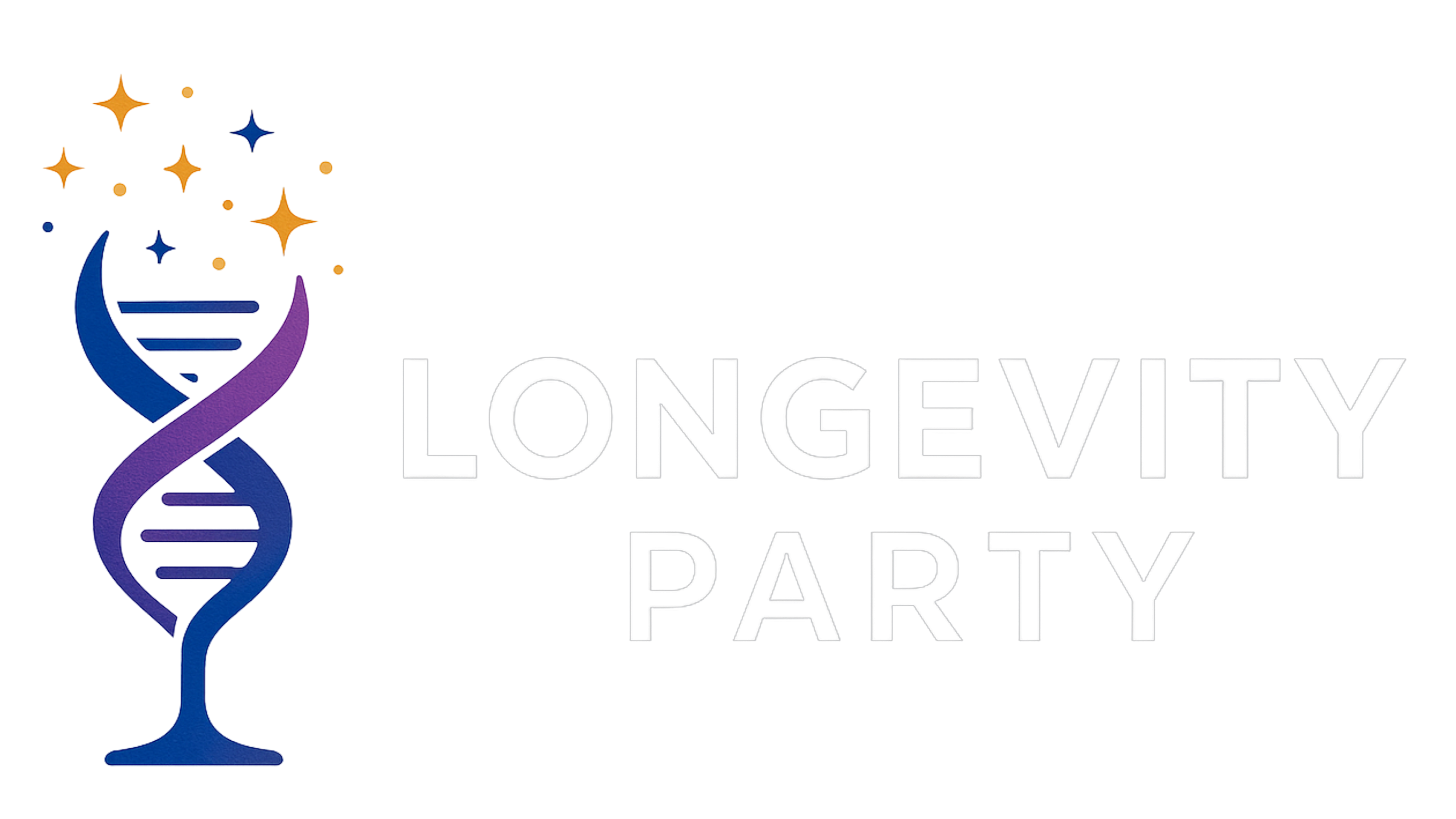
Purification Party
and whole body microbiome re-engineering:
Full Scientific Narrative with References
Phase 1: Prepare – Mitochondrial & Detox Pathway Priming
Objective: Enhance mitochondrial function, support liver detox pathways, repair gut lining, and optimize drainage pathways to minimize detox side effects and prepare the microbiome for reset.
Mitochondrial Support
Contains ingredients that activate sirtuin genes, promoting mitochondrial biogenesis and increasing ATP production.
Pyrroloquinoline quinone (PQQ) stimulates mitochondrial biogenesis via phosphorylation of CREB, leading to enhanced PGC‑1α expression and mitochondrial gene activation (Stites et al., 2009; PMID: 19861415).
Coenzyme Q10 (CoQ10) is indispensable for mitochondrial electron transport chain function and ATP synthesis, while also serving as a key lipophilic antioxidant that protects proteins, lipids, and DNA from oxidative damage (Littarru & Tiano, 2007; PMID: 17914161).
Alpha‑lipoic acid (ALA) acts as an essential cofactor for mitochondrial enzyme complexes—such as pyruvate dehydrogenase and α‑ketoglutarate dehydrogenase—and plays a dual role in regenerating endogenous antioxidants and reducing oxidative stress (Liu, 2008; PMID: 17605107).
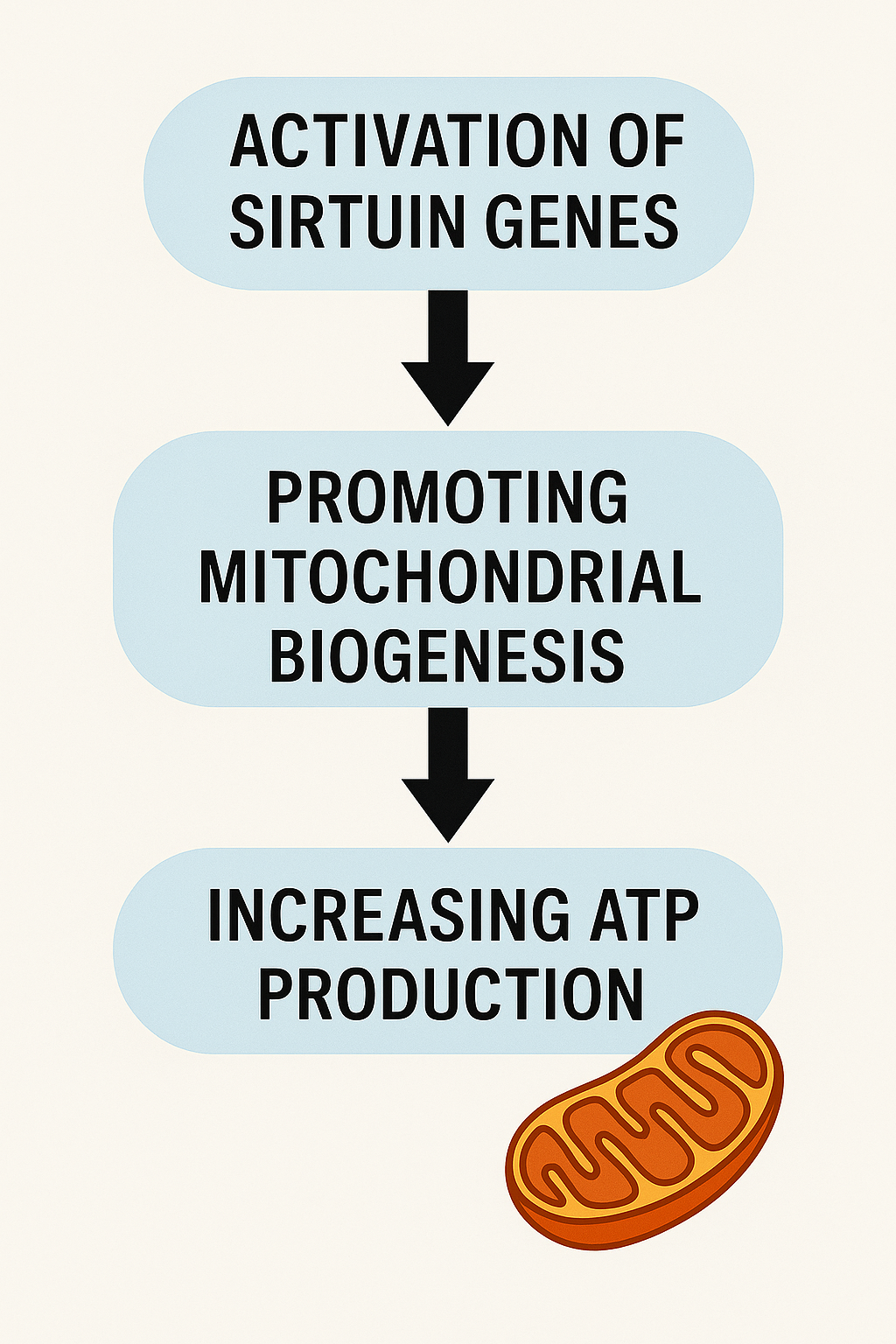

Liver Detoxification:
Supports glutathione production and liver detox enzyme pathways.
N‑Acetylcysteine (NAC) replenishes intracellular glutathione (GSH) by providing cysteine, essential for GSH synthesis (Atkuri et al., 2007; PMID: 17602868).
Milk thistle (silymarin) protects hepatocytes and supports liver detoxification through antioxidant activity, membrane stabilization, enhanced protein synthesis, and inhibition of toxin binding (Flora et al., 1998; PMID: 9468229).
Immune Modulation
Vitamin D₃ modulates T cell function and inflammatory cytokines, influencing immune balance by suppressing Th1 and Th17 responses, promoting regulatory T cells, and reducing pro‑inflammatory cytokines (Aranow, 2011; PMID: 21527855).
Vitamin K2 plays a crucial role in immune regulation and works synergistically with vitamin D3 by activating key proteins involved in calcium metabolism and inflammation control. Together, K2 and D3 enhance immune balance by modulating cytokine expression, reducing systemic inflammation, and optimizing the function of vitamin K–dependent proteins such as matrix Gla-protein and osteocalcin—which are upregulated by D3 and activated by K2 (Theuwissen et al., 2012; PMID: 24296867; van Ballegooijen et al., 2017; PMID: 29138634; Petrovic et al., 2024; PMID: 39861434).
Gut Barrier Repair
L‑Glutamine supports enterocyte energy needs and restores intestinal tight junctions by increasing levels of occludin, claudins, and ZO‑1 via CaMKK2 → AMPK activation (Wang et al., 2016; PMID: 26865645).
Zinc supplementation strengthens the gut barrier and reduces intestinal permeability, as demonstrated by improved tight junction structure in colitis models (Sturniolo et al., 2002; PMID: 12032492).
Phase 2: Purge – Microbial & Toxin Elimination
Objective: Eliminate pathogenic microbes, biofilms, and toxins using herbal antimicrobials, binders, enzymes, and probiotics.
Antimicrobial Herbs
Black Walnut exhibits antibacterial properties against numerous pathogens, including Staphylococcus aureus and Escherichia coli, due to its high juglone and polyphenol content (PMID: 30274312).
Artemisinin is effective against both Gram-positive and Gram-negative bacteria, showing broad-spectrum antimicrobial activity beyond its known antimalarial effects (PMID: 24575401).
Barberry (Berberine) disrupts pathogenic bacteria and has antimicrobial efficacy comparable to chlorhexidine, particularly against oral pathogens such as Streptococcus mutans (PMID: 33325156).
Antimicrobial Herbs
Fulvic Acid chelates heavy metals and supports detoxification (PMID: 24095965)
Activated Charcoal adsorbs toxins in GI decontamination (NIH Bookshelf: NBK482294)
Bentonite Clay binds gut toxins and supports intestinal detox (PMID: 29026782, PMCID: PMC5632318)
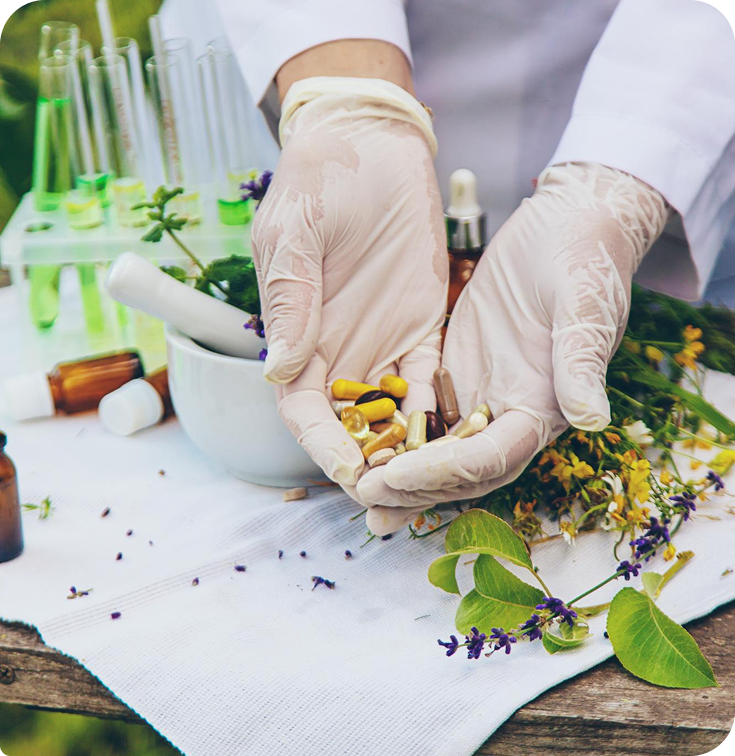
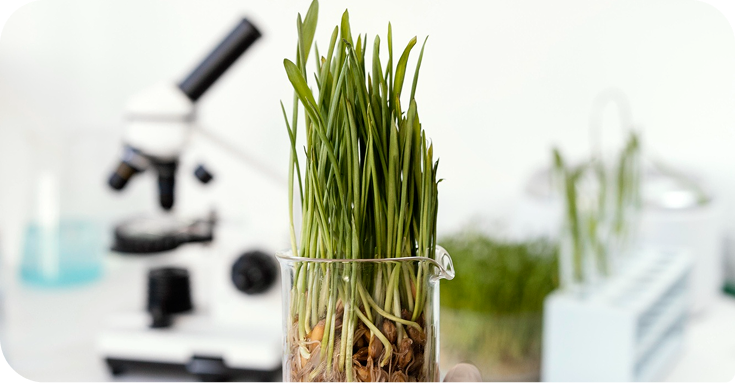
Soil-Based Probiotics
Bacillus strains in soil-based probiotics strengthen gut barrier function and reduce “leaky gut” markers by lowering endotoxins and inflammatory cytokines in humans and increasing tight junction protein expression and TEER while reducing inflammation in Caco-2 cell models (PMIDs: 28868181, 30984172, 30763683).
Digestive Enzymes
Digestive enzyme supplementation enhances nutrient breakdown and supports digestive health, especially in conditions like lactose intolerance, cystic fibrosis, and other gastrointestinal disorders (Ianiro et al., 2016; PMID: 26806042).
Phase 3: Promote – Immune-Gut Axis Optimization
Objective: Promote microbial diversity, restore gut barrier function, and support immune tolerance.
Advanced Probiotic and Probiotic
Lactobacillus rhamnosus GG, via its derived soluble mediators, enhances immune tolerance by modulating dendritic cells to promote IL‑2, IFN‑γ, and FoxP3⁺ regulatory T-lymphocytes (PMID: 30042761).
Bifidobacterium species promote immune regulation by upregulating FoxP3⁺ Tregs, reinforcing tight junctions, and reducing inflammatory cytokine signalling in the gut (PMCID: PMC10730214).
Mucosal Optimization
L-Glutamine enhances tight junction integrity and promotes mucosal healing by activating AMPK signaling and upregulating junction proteins (Wang et al., 2016; PMID: 26865645).
Zinc improves epithelial repair and barrier function, increasing tight-junction protein expression and transepithelial resistance (Wang et al., 2013; PMID: 22903217).
Lymphic Optimization
Our Lymph product supports lymphatic and glymphatic detoxification, immune system regulation, and antioxidant protection through ingredients like alpha-lipoic acid (PMID: 7649494), dandelion root (PMID: 37446683), and reishi mushroom (PMID: 36766186). Together, these compounds reduce oxidative stress, promote fluid drainage, and enhance immune surveillance via T-cell and NK cell modulation.
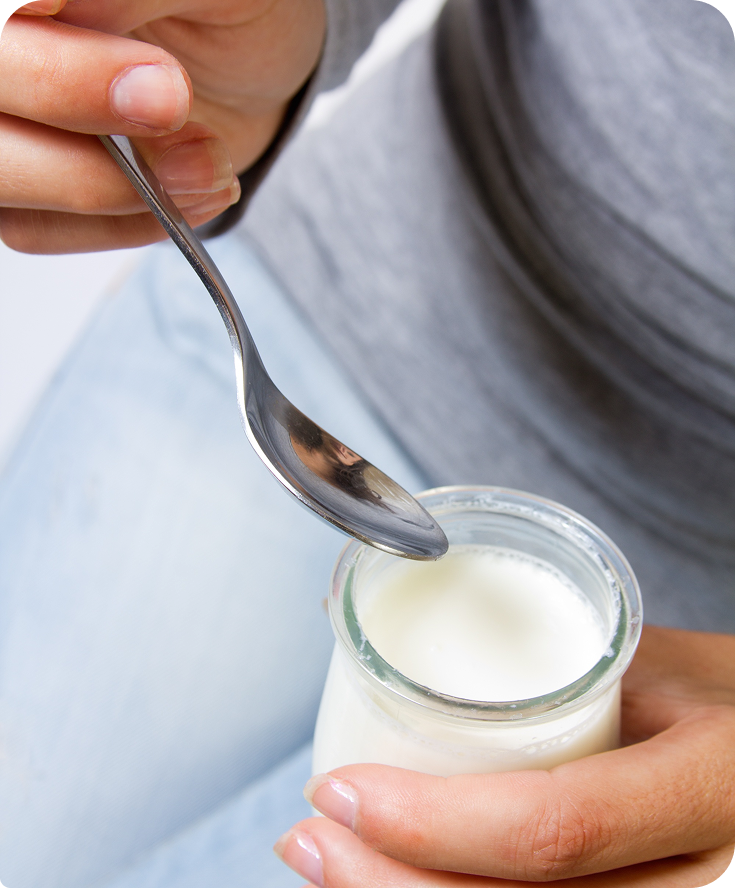
Phase 4: Protect – Gut-Brain Axis & Neuroinflammation Reset
Objective: Enhance cognitive clarity, reduce neuroinflammation, and strengthen the gut-brain axis.

Advanced Probiotic and Probiotic for the Brain
Bacopa monnieri supports memory and neuroplasticity, as shown in a systematic review of its cognitive-enhancing and neuroprotective effects (DOI: 10.1038/s41598-020-80045-2).
Rhodiola rosea improves cognitive performance under stress, as demonstrated in a placebo-controlled clinical trial showing improved attention, accuracy, and reduced fatigue (DOI: 10.1155/2017/5965371).
L-Theanine enhances attention and reduces stress by boosting alpha-wave brain activity and lowering cortisol levels, as shown in clinical studies (PMID: 34562208, PMCID: PMC4728665).
Brain Optimizer
Pterostilbene increases BDNF expression in animal models, supporting synaptic plasticity and cognitive health (PMID: 28181415).
Noopept enhances BDNF and NGF expression in animal models (Springer: S1819712423020198).
Calming Formulation
Ashwagandha reduces cortisol and anxiety in clinical studies (PMID: 23439798, PMID: 26609282, PMID: 34352012).
Magnesium lowers anxiety and supports neuromodulation (PMID: 28654669, PMID: 28984554, PMID: 16542786).
Phase 5: Preserve – Long-Term Microbiome & Cellular Maintenance
Objective: Sustain long-term gut, immune, and cellular health following foundational rebalancing.
Advanced Probiotic and Probiotic
Soil‑based Bacillus probiotics support microbial diversity and reduce gut permeability, as evidenced by a 42% reduction in post‑prandial endotoxin levels and decreased inflammatory cytokines following 30 days of supplementation (PMID: 28868181; PMCID: PMC5561432).
Mitochondrial Support
Rhodiola and Schisandra enhance stress resilience and mitochondrial function by preventing apoptosis and boosting mitochondrial respiration, as demonstrated in validated preclinical studies showing increased ATP, cytochrome‑c oxidase activity, and activation of stress-protective pathways (PMID: 29323042; 27713248; 32218327).
High Absorbability Vitamins:
Multivitamin supplementation boosts metabolism and cerebral blood flow during cognitive tasks, as shown in a double-blind, placebo-controlled trial using a CoQ10-containing multivitamin formula ([PMCID: PMC4750202]).
Long-term multivitamin use is associated with improved health markers, including reduced all-cause mortality, cardiovascular disease, and chronic kidney disease in individuals with metabolic dysfunction ([DOI: 10.1038/s41598-025-92858-0]).
Organ Detox
Organ-targeted phytotherapy enhances detoxification pathways—including phase I/II biotransformation, antioxidant defense, and metallothionein expression—when delivered via advanced systems using specific phytochemicals (PMID: 26167297, PMCID: PMC4488002).
Nanotechnology-based delivery systems significantly improve the absorption, bioavailability, and tissue targeting of herbal extracts (PMCID: PMC10988210).

Personalized Longevity Consult
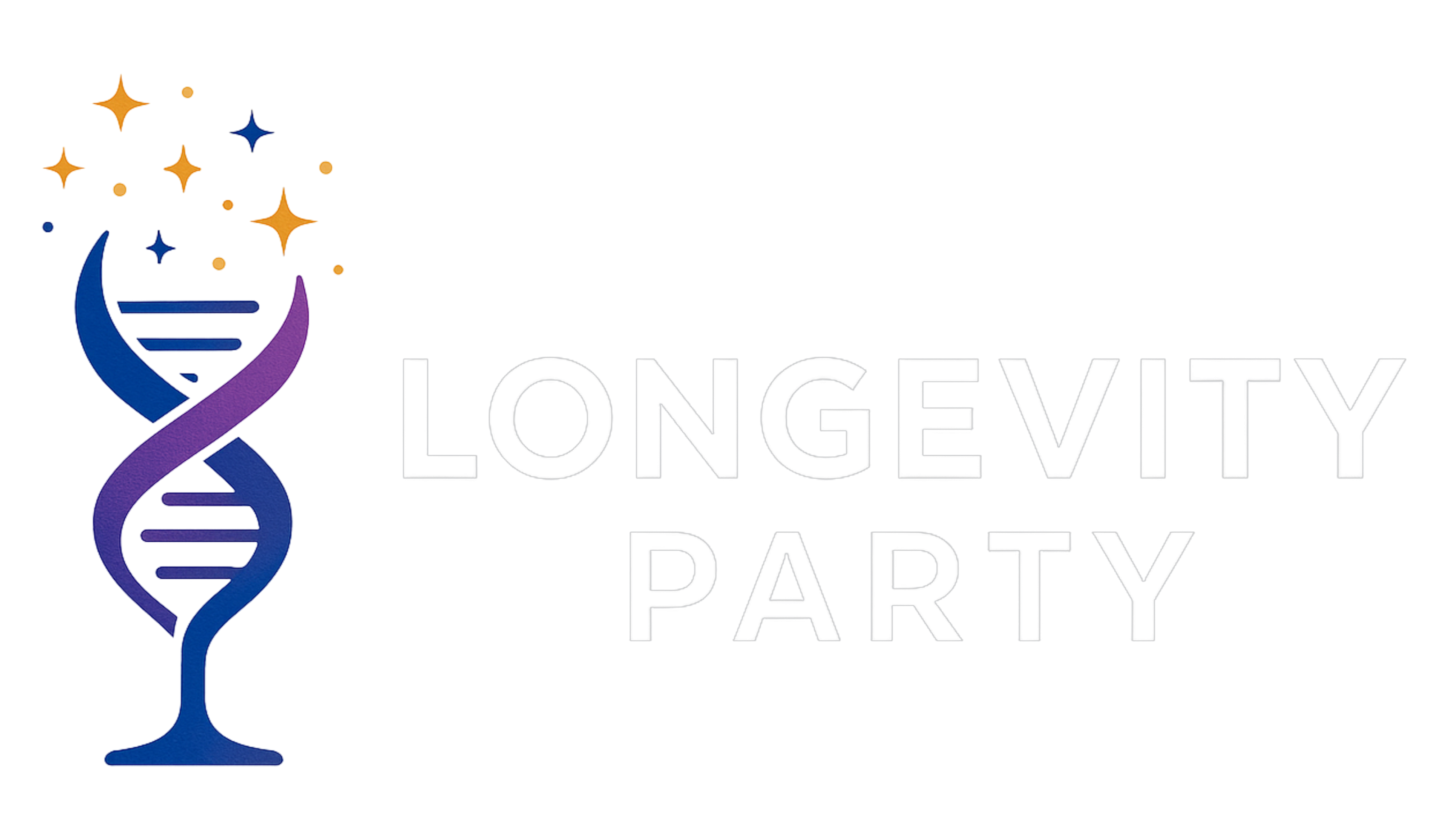
Privacy Policy
Terms & Conditions
© 2023-2025 Longevity Party. All Rights Reserved.